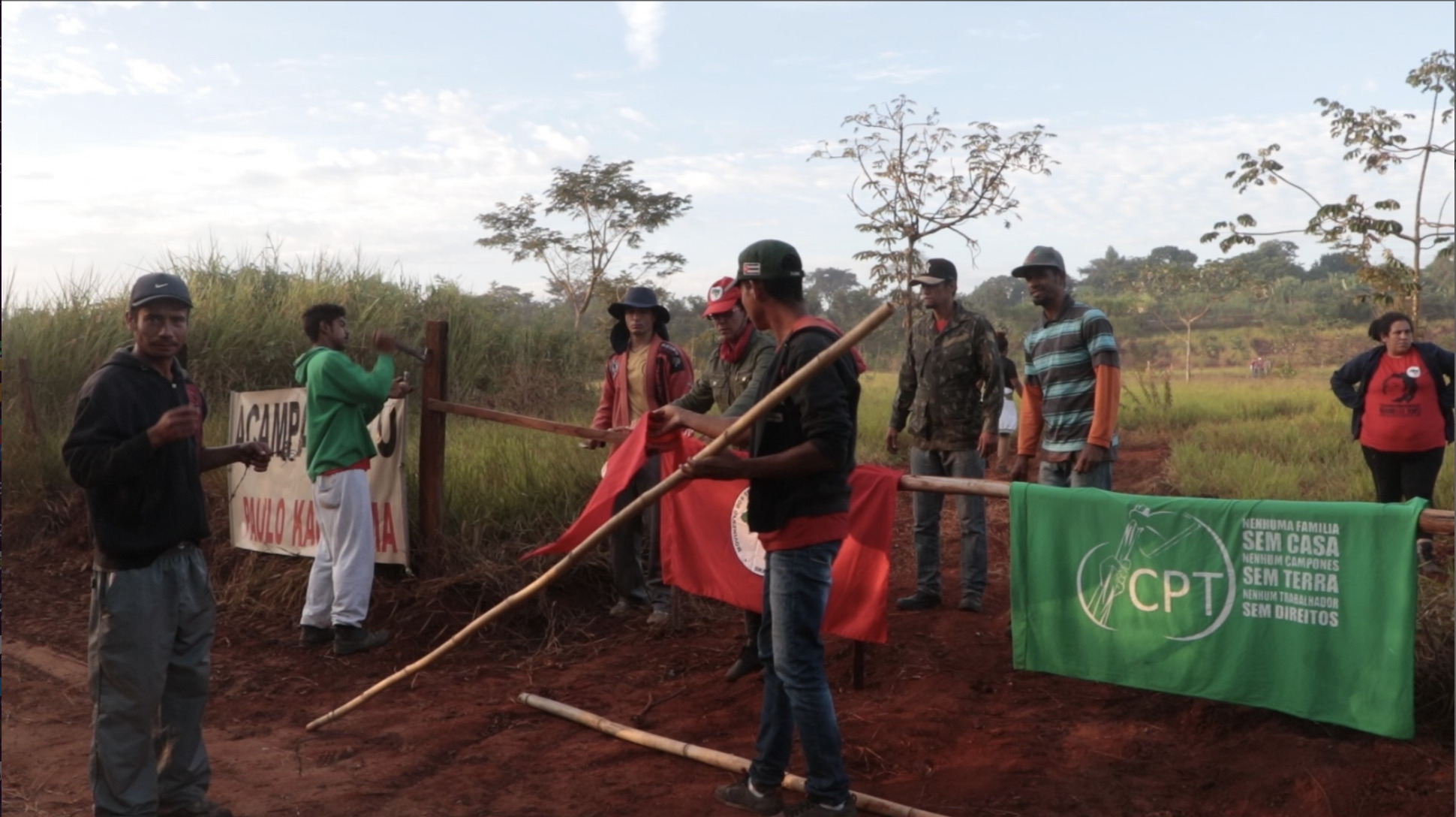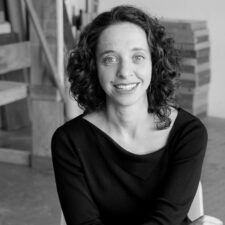

Enrollment for Fall 2022 is over. Please stay tuned for more!
For continuing students of Básico 3/ Intermediate 1
For new students who know the basic structure of Portuguese including present/past tenses, plus Presente e Futuro do Subjuntivo, upon filling out an application and an assessment form: https://forms.gle/Niy8GHAsJJKcwyJ96
Continuing students: contact your instructor to get the registration link and skip the application form
New Students: New students are welcome to apply. The link to the Assessment is at the end of the application form. It should take about 15-20 minutes to be completed.
Português Intermediário 2 is an intermediate class with a focus on deepening listening, speaking and developing communication skills in Portuguese in a conversational style, without translating into one’s native language, to allow you to have more vocabulary, composed verbal structures, and more elaborate conversations with Portuguese native speakers. We will work with texts from Brazilian and other Portuguese-speaking revolutionary thinkers and writers, such as Paulo Freire, Carolina Maria de Jesus, Conceição Evaristo, and others.
This course has an advanced approach for people who already speak basic Portuguese
During the course we will use visual materials, music, literature, and conversation, focusing on Brazilian Portuguese, and we will also examine a few differences between Brazilian, African, South Asian and European/Continental Portuguese. The program will deepen grammar structures in practical ways, and include writing and speaking exercises.
We will engage with the history of Brazilian people, its revolutionary struggles, and other means of resistance.
You will learn about historical and contemporary contexts of the working classes and social movements in Brazil, and other Portuguese-speaking countries.
DETAILS
Click here to apply and fill out an assessment form: https://forms.gle/Niy8GHAsJJKcwyJ96
Continuing students: contact your instructor to get the registration link and skip the application form
More information:
Portuguese is a language with roots in Portugal and also the official language spoken today in 10 countries: Brazil, Mozambique, Angola, Portugal, Guinea-Bissau, East Timor, Equatorial Guinea, Macau, Cape Verde, and São Tomé and Príncipe. Portuguese is arguably among the 9 or 10 most spoken languages in the world, but only 5 percent of its speakers live in its original home Portugal. It is estimated that 270 million people speak Portuguese today, amongst which nearly 254 million are native speakers. It is the second most spoken Romance language, after Spanish. Brazil’s 211 million people is the largest Portuguese-speaking population in the world.
As a colonial language, it suffered many transformations, particular to each locale. It is nowadays also a result of cultural resistance of the indigenous and enslaved people during colonialism. It is spoken in the U.S particularly in the Northeast, in California and in Florida, where native Portuguese speakers, who are immigrants from Africa, South Asia, Europe and Brazil have concentrated historically. In nearby regions, it is more widely spoken in areas of Newark, New Jersey; Astoria, Queens; in the coastal regions of Connecticut, and Massachusetts.
Background:
Since the 16th century Brazilians started to incorporate dialects, words and sounds into Portuguese, particularly from the Tupi and Guarani indigenous linguistic branches that make up the majority of the pre-Columbian indigenous languages of Brazil’s current territory. With enslaved workers brought from Africa, more heavily during the 17th, 18th and 19th centuries, many different languages and backgrounds were also influential.
Brazilian Portuguese continued to evolve as the common language amongst all living in Brazil, and the one permitted to be spoken by the colonizers. However, new words referring to foods, materials and relationships with no correlations in Europe, started to influence Continental Portuguese, even though the grammar and syntax structures remained the same.
Revolutionary literacy methods created for adults, by the influential educator Paulo Freire in the 1960s, author of the Pedagogy of the Oppressed, finally started to prioritize local people’s needs and generate wider political consciousness about the role of language in political emancipation to the elite oppressors. It is still used to combat illiteracy and poverty, and to help achieve freedom, much beyond Brazil’s borders.
